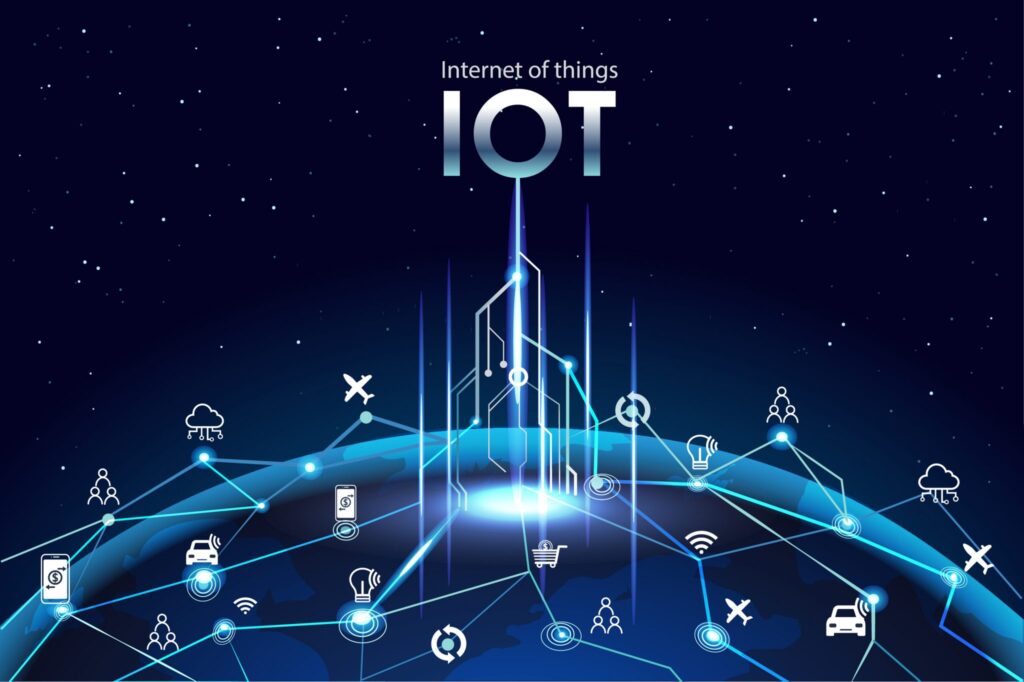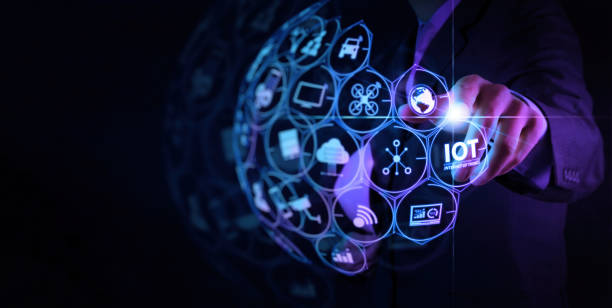
How IoT is Transforming Smart Cities: Dubai & Beyond

When we think of smart cities, we often picture futuristic skylines, flying cars, or robots managing everything. But in reality, the backbone of a smart city is something far simpler—and far more powerful: IoT (Internet of Things).
IoT is all about connecting everyday objects—streetlights, parking meters, waste bins, buses, even buildings—to the internet. These connections allow data to flow, giving city planners, governments, and residents smarter ways to live, move, and work.
Let’s explore how IoT is reshaping cities around the world, with Dubai leading the charge
Dubai: A Smart City in Action
Dubai has set a bold vision: to become the world’s smartest city. And IoT is at the heart of it.
- Smart Mobility: Parking apps, smart traffic lights, and AI-driven public transport systems reduce congestion and save time. Dubai’s Roads and Transport Authority (RTA) uses IoT to monitor buses, metros, and even water taxis in real time.
- Smart Energy & Sustainability: The Dubai Electricity and Water Authority (DEWA) has launched smart grids and connected meters that help reduce waste and optimize energy use. Buildings are becoming greener with IoT-enabled sensors controlling lighting, cooling, and energy consumption.
- Safety & Security: Smart surveillance, AI-driven emergency response systems, and IoT-powered drones enhance city-wide safety.
- Smart Living: From connected homes to intelligent waste management systems, Dubai is making everyday life more efficient and convenient.
Beyond Dubai: Global Smart City Examples
Dubai isn’t alone. Across the world, cities are embracing IoT in powerful ways:
- Singapore: Known as the world’s “Smart Nation,” Singapore uses IoT for everything from self-driving buses to air quality monitoring
- Barcelona: Smart lighting systems save the city millions in energy bills, while connected sensors manage water and waste efficiently.
- Amsterdam: IoT helps manage traffic flow, parking, and even reduces pollution through real-time monitoring.
Each city adapts IoT differently based on its challenges—but the outcome is the same: better quality of life.
Why IoT Matters for the Future of Cities
The real beauty of IoT lies in its data-driven insights. By collecting and analyzing information in real time, cities can:
- Cut down energy waste and carbon emissions.
- Improve mobility and reduce traffic jams.
- Enhance healthcare, safety, and emergency services.
- Boost economic growth with smarter business ecosystems.
How Arabinfotec Fits into the Smart City Vision
As more cities embrace IoT, the definition of a “smart city” will keep evolving. Dubai’s vision shows us that it’s not just about technology—it’s about using technology to improve human lives.
Whether it’s a streetlight that only turns on when someone walks by, or a city-wide dashboard tracking energy use, IoT is quietly transforming the way we live—making cities not just smarter, but also more livable, sustainable, and connected.
The future city isn’t far away. In many places—including Dubai—it’s already here.
As more cities embrace IoT, the definition of a “smart city” will keep evolving. Dubai’s vision shows us that it’s not just about technology—it’s about using technology to improve human lives.
Whether it’s a streetlight that only turns on when someone walks by, or a city-wide dashboard tracking energy use, IoT is quietly transforming the way we live—making cities not just smarter, but also more livable, sustainable, and connected.
The future city isn’t far away. In many places—including Dubai—it’s already here. And with technology partners like Arabinfotec, this future is only going to get brighter.